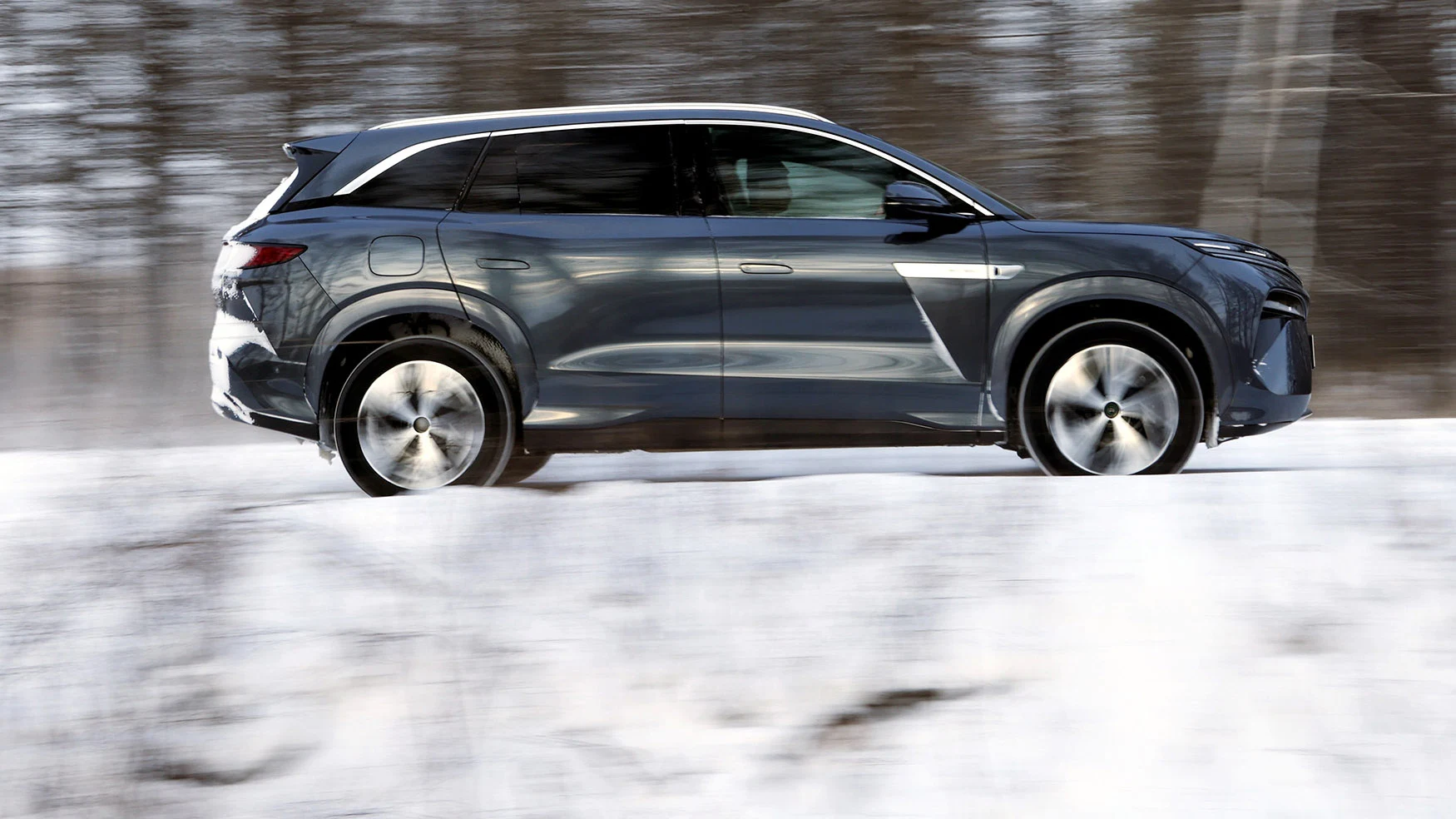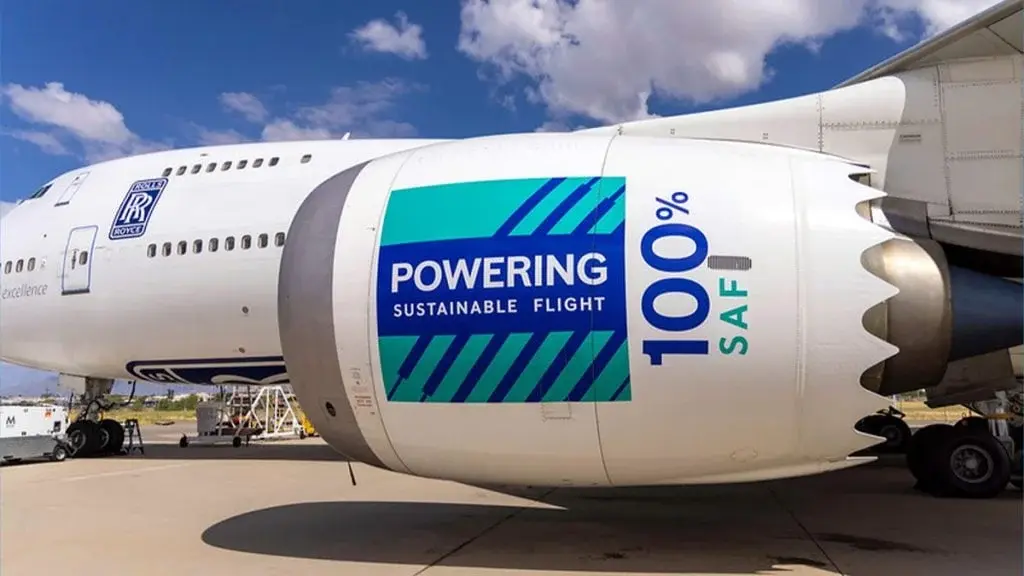Key Takeaways
1. BYD plans to invest $1 billion in a new factory in Mexico to produce 150,000 vehicles annually.
2. The Chinese government has advised BYD to pause its Mexican factory plans due to national security concerns over potential industrial spying by the US.
3. New tariffs are increasing costs for importing materials to Mexico, raising fears about American competitors accessing BYD’s technologies.
4. BYD is launching advanced technologies, including a 1MW EV powertrain system and an autonomous driving system called God’s Eye, which will be free with its vehicles.
5. Concerns exist about supply chain risks, as a significant part of BYD’s supply chain is in Mexico, making it vulnerable to exploitation by competitors.
China is expressing concern that the advanced electric vehicle technology of BYD, the leading EV manufacturer globally, might be taken by American car makers if it moves forward with plans to build a factory in Mexico.
Investment Plans
BYD plans to invest $1 billion in a new facility capable of producing 150,000 vehicles annually. However, these intentions were made public in 2023, before the current administration’s trade tensions were fully apparent.
Government Response
Recently, BYD stated it views Tesla as a partner in the fight against traditional internal combustion engine vehicles and is open to sharing its innovations. In contrast, the Chinese government has advised BYD to halt its plans for the Mexican factory while it assesses national security risks, particularly concerning potential industrial spying by the US.
Tariff Concerns
The new tariffs have made importing materials and components to Mexico costlier. Officials fear that the closeness to the US could enable American competitors like Tesla to exploit BYD’s advanced technologies.
BYD has just unveiled its groundbreaking 1MW EV powertrain system that can charge in just 5 minutes, along with a distinctive 580 kW motor that occupies the same space and a 10C battery to support that powertrain.
Competitive Features
Additionally, BYD is introducing its autonomous driving system, called God’s Eye, which will be included for free with all its electric vehicles, even the most affordable ones, whereas Tesla charges $8,000 for its equivalent feature.
“The commerce ministry’s major worry is Mexico’s nearness to the US,” shared an insider from the government. It seems that now China is anxious that the advanced electric vehicle and battery technologies it has poured resources into for over a decade could fall into the hands of American brands like Tesla or GM.
Supply Chain Risks
A significant portion of their supply chain is also based in Mexico, and this vast network developed over the years could potentially be exploited for industrial espionage, according to Chinese officials.
Source:
Link


